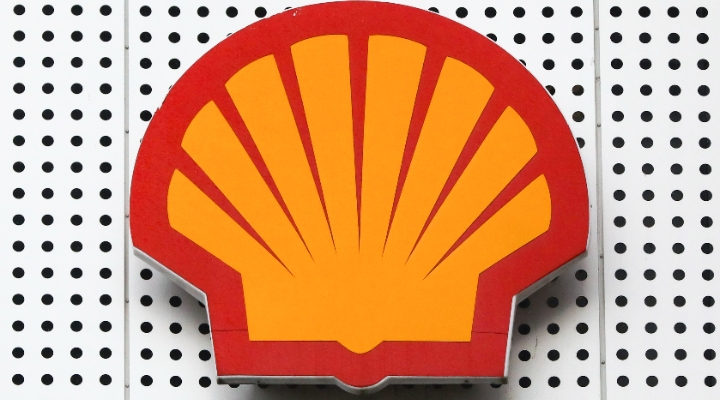James Gard: Welcome to Morningstar. Our latest stock of the week is BP, which has released figures for the first quarter. These are highly profitable times for large oil companies, with rival Shell also announcing bumper profits, but that has intensified calls for a windfall tax.
The Ukraine war has boosted oil prices of course, but BP was one of the oil majors most exposed to Russia through its near 20 percent stake in Rosneft. BP has just written down this investment by more than $24 billion and there is uncertainty about the true value of this venture.
BP shares are up 20% this year but they still lag Shell, whose shares are up 36% in 2022. This difference shows the varied dynamics at both companies, and the somewhat uneven link between oil prices and oil company shares.
Still, this is the first time since coronavirus that BP shares have moved above 400p. Our analysts think they have further to go, assigning a fair value of 475p to the shares. In terms of investor incentives, BP is stepping up its share buybacks. Shares currently yield nearly 4% and the company is planning to increase its annual dividend 4% until 2025 if oil remains above $60 a barrel.
So what about a windfall tax? BP and Shell’s share prices gains recently suggest that investors are taking these risks in their stride. BP itself has attempted to head this off at the pass by pledging billions to UK energy projects, including in the North Sea as well as renewables. A windfall tax would be popular with the public, but is unlikely to solve the cost of living crisis on its own. It’s also rather a blunt instrument for incentivising a legacy fossil fuel company to focus on green energy. After all, it’s the politicians who will decide how this money is ultimately spent.
For Morningstar, I’m James Gard.





























